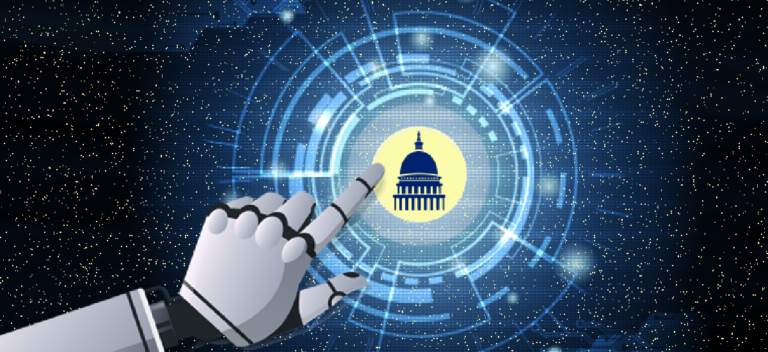
Virtual Court Hearings. The New Normal?
While remote courts hearings are nothing new, the coronavirus pandemic has made them more widely accepted. Previously used primarily for civil proceedings, the use of remote hearings for criminal proceedings is new territory for many courts and attorneys. As many as 41 states and territories are urging, or even mandating, their courts to use teleconferencing or videoconferencing to conduct hearings. It is a little early to reach clear conclusions, but initial indications are that people are more likely to appear for their hearing if courts make it more convenient. Will that continue once people are back at their place of work instead of working from home? Only time will tell.
The National Center for State Courts (NCSC) is tracking how courts are responding to the COVID-19 pandemic and has an interactive map so you can see what each state is doing. https://www.ncsc.org/newsroom/public-health-emergency
Several states have provided data to confirm the change to remote hearings is indeed working. North Dakota indicated appearance rates for criminal warrant hearings increased from 80 percent to nearly 100 percent in some parts of the state. Also suggesting the type of hearing impacted the success, but failure to appear rates have dropped significantly. Michigan has seen their failure-to-appear rate drop from 10.7 percent in April of 2019 to .5 percent in April of 2020. New Jersey’s failure-to-appear rate for criminal cases at its superior courts drop from 20 percent to .3 percent in mid-March.
Teleconferencing has been more widely used than videoconferencing in the past, but that is likely to change post pandemic. There are still obstacles to overcome in criminal cases. Federal rules and many corresponding state laws only allow videoconferencing if the defendant consents. Even with consent, criminal defense attorneys cite lack of privacy concerns for incarcerated people, and defendants believe it decreases the opportunity to advocate for themselves. It also raises constitutional issues and the defendant’s right to be present and confront witnesses at trial.
As I write this blog, courts have started conducting in-person hearings again. However, it appears remote hearings are not going away if this quote from Michigan Supreme Court Justice Bridget M. McCormack is any indication: “More broadly, we know the dramatic expansion in remote hearings launched a fundamental and positive change in the way courts do business, making them more accessible and efficient, and we are not going back.”
Texas Chief Justice Nathan Hecht is co-chair of the national Pandemic Rapid Response Team and had this to say: “Since the onset of the pandemic, courts throughout the country have determined to stay open to deliver justice without faltering, no matter the adjustments and sacrifices demanded, but also to protect staff…and the public from the risks of disease. We are learning new technology practices together.”
Extract is excited to see the courts embracing technology. We are seeing it with our customers as well. Prosecutors are using technology to eliminate manually data entry and get information into their CMS more efficiently, or clerks are redacting documents to make them more accessible online without requiring individuals to come into the courthouse.
Here is a link to a weekly Court Leader’s Advantage Podcast from NACM where they talk about upcoming trends and innovations. https://nacmnet.org/resources/podcasts/


